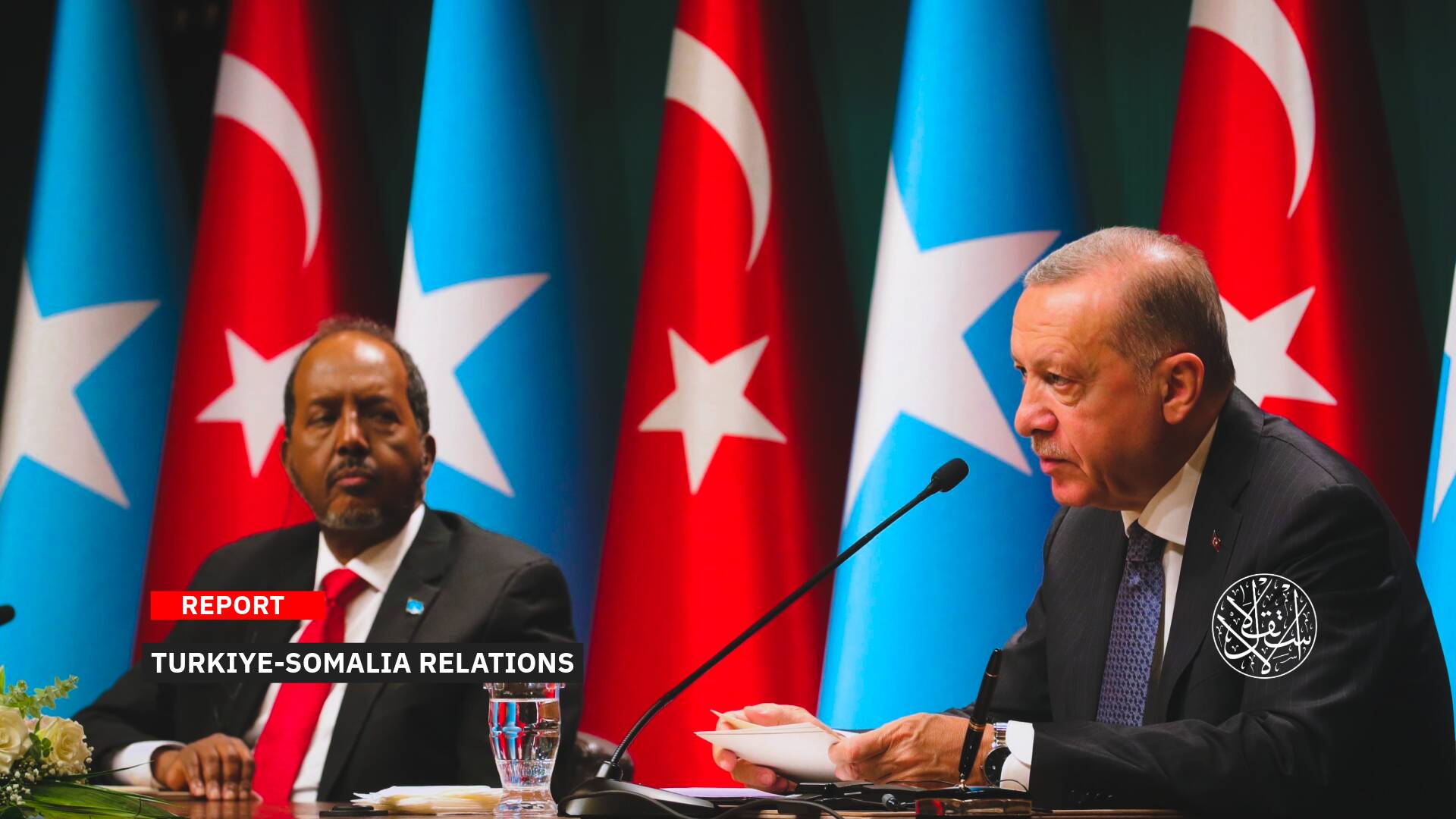Italian Newspaper: This is How the Rebel Leader in Tigray Overtook Two Allied Armies

An Italian newspaper confirmed that the leadership of former Ethiopian army general Tsadkan Gebretensae for the sudden advance of rebels in Tigray province towards its capital, Mekelle, led to a change in the "balance of war".
"In recent days, the Tigray Defence Forces (an alliance of anti-government rebels from northern Ethiopia) have launched a surprise .
military offensive to retake Mekelle, the regional capital occupied by the Ethiopian army in November 2020," the El Post said.
"Rebel forces forced the Ethiopian army to withdraw under the cover of a unilateral ceasefire announced by the prime minister of the federal government, Abey Ahmed," she said.

Big Surprise
"The reconstruction of recent events remains incomplete and partial, due to the absence of journalists and international observers in Tigray, and the interruption of all contacts with abroad, which is also why these developments have caused a great surprise," the paper said.
"Few observers expected that the rebels, who suffered a quick defeat in November 2020 and were forced to take refuge in the mountains, would have the ability to reorganize their forces, start a new military operation and retake Mekelle, forcing Jaishin forces to withdraw," it said.
"When the history of the last Ethiopian civil war is written, the Battles of June will be described as one of the greatest victories achieved by a rebel group in recent years," the Economist wrote.
One of the central figures who drew attention in recent events was Tigray General Gebretensae, who leads the insurgency at the age of 68, Ethiopia’s most famous military and one of the best military strategists of his generation across Africa.
He also has a very special history, in some respects a symbol of the complex relationships that have linked Tigray to the rest of the country for decades.
Gebretensae joined the Popular Front for the Liberation of Tigray in 1976, after giving up his biology degree from Addis Ababa University.
The Front, which became the main political party in the Tigray region today, was only a small faction of a few hundred guerrillas who wanted to overthrow the Marxist regime of Mingisto Hela Mariam, who ruled Ethiopia until 1991.
Tremendous Skills
By the end of the 1980s, analyst Alex de Fall wrote, Gebretensae had become one of the most respected leaders of the front, and the Popular Front for the Liberation of Tigray had an army of more than 100,000 troops.
In May 1991, the FRONT, led by Gebretensae, allied with the Eritrean army, was able to occupy Addis Ababa and overthrow the Mengistu regime.
De Fall said Gebretensae set up a temporary home near the Hilton hotel in the capital and "slept on a bed for the first time in 15 years."
In the years that followed, the Tigray People's Liberation Front took power in Ethiopia, amid protests and indignation from other ethnic groups in the country, which far outnumber the Tigray minority but are less represented in government.
According to the newspaper, Gebretensae was awarded the rank of general and was tasked with rebuilding Ethiopia’s federal army, and, as in the government, he appointed elements of the Tigray race to the top positions in the armed forces.
It noted that these elements had acquired enormous military skills and developed them to make great use of them in planning the recent rebellion.
In the late 1990s, the former Ethiopian general asserted himself as a skilled and competent military strategist during Ethiopia's war against Eritrea, but his proximity to the federal government was short-lived.
During the conflict, Gebretensae disagreed with other Military Commanders from The Tigray about the strategy to be pursued, as well as with then Prime Minister Meles Zenawi, who was also chief of staff, and the latter, after the end of hostilities, dismissed him.
Terrible Works
The newspaper reported that the current rebel leader in Tigray returned to public affairs after the election of Prime Minister Abey Ahmed in 2018, which unlike the heads of government who preceded him is not Tegrenia but belongs to Oromo, one of the most marginalized ethnic groups in the country.
The newspaper suggested that Gebretensae had expressed his willingness to cooperate with the new government out of a sense of willingness to retaliate against the leaders of the Tigray region who overthrew him, but this time also did not last long.
The former general was immediately appointed commander of the Tigray Defence Forces, but failed to counter the first attack of the Ethiopian Federal Army allied with the Eritrean army, and was forced to take refuge in the mountains, giving Abey's government the opportunity Ahmed to declare its victory in the war.
But in mid-June 2021, after four months in the Tigray Mountains for training and regrouping under Gebretensae and other rebel military commanders, the IDF was able -- unexpectedly for all -- to launch a counterattack, force Ethiopian and Eritrean soldiers to flee and retake Mekelle.
"The details of how the rebels were able to carry out such an operation have not yet been revealed, also because the Abe government has refused to acknowledge the defeat and provide a precise and explicit description of the balance of power that exists today in Tigray," the paper said.
"Although the rebels have regained control of Mekelle, this does not mean that the declaration of an end to the war is imminent," The Post said.
"Rebel forces do not seem to want much to reach a truce and likely intend to start a military operation in neighboring Eritrea, to pre-empt any further future attacks by the Eritrean army on Tigray," the New York Times wrote.
According to The Post, the war "may expand further, which could increase the terrible violence carried out by the warring parties against civilians in recent months".





